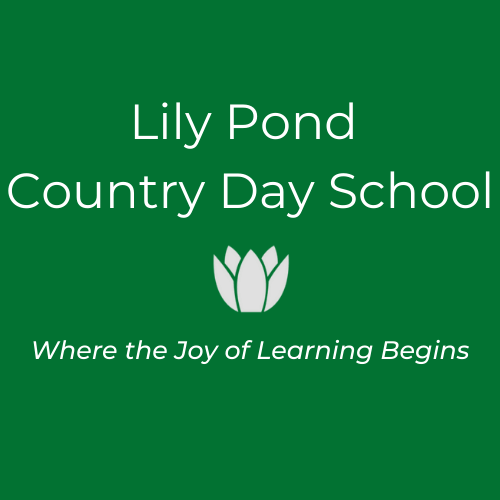For most parents, choosing a good preschool program is extremely important. After all, 80% of children who participated in preschool programs outperformed their peers in three separate studies, as compared to children who did not receive high-quality early care and education in preschool.
But determining what exactly makes preschool options great can be trickier to define. Ultimately, even if your child attends what’s known as the top preschool near you, their (and your) experience might not be overwhelmingly positive. That’s because the “right” preschool is quite subjective. It really depends on your child, your parenting style, and your desires for your child’s education.
While each family will have different priorities, there are some mistakes that should be universally avoided. Here are just three of them.
Not doing enough research
Personal recommendations and word-of-mouth can be extremely valuable, but they aren’t everything. Doing your own research on programs in your area will likely yield some important information. When used in conjunction with reviews and recommendations, you’ll get a more complete idea of a school.
Reputations are important, of course, but you’ll also need to consider whether a preschool is a Montessori program or whether it’s a public school; whether the curriculum is play-based or academic-based; and what kinds of activities are offered. You should also consider cost and location, as these will directly impact your daily life.
The more information you have, the better off you’ll be when it comes time to make a decision.
Not understanding the way their child learns best
Parents who need help finding the right preschool should focus in on their child’s learning style first. There are likely a number of great preschool programs in your area, but not all of them will set your child up for success.
Understanding how your child learns the best can help you zero in on a preschool that will allow them to thrive. By watching your child learn and play at home, you’ll get a better idea of how they complete tasks, respond to new activities, and react to directions. If your child really needs structure, look for a school that values consistent routines. For young ones who learn best by doing, find a preschool that allows them to tackle tasks on their own, rather than watching and learning by example.
Families who aren’t quite sure how to determine their child’s learning style should seek out additional written resources before starting their preschool search.
Not preparing lists of questions and priorities
When you tour a preschool facility and meet with staff members, you should always come prepared. That means you should have a list of important questions to ask, as well as list of your program must-haves. Again, the more you know, the better your experience will be — so don’t be afraid to ask questions about their curriculum, philosophy, or daily routine. Be sure to inquire about their disciplinary policy, nutritional programs, safety measures, and overall learning style, among other things.
As far as priorities go, determine your non-negotiables. If you feel your child will do much better in a smaller, part-time program, don’t sign up for a larger, full-time option. For those who need a program that’s close to work, don’t assume you won’t mind a longer commute. You also shouldn’t compromise too much on cost; although your child’s education is extremely important, an expensive private preschool may not be economically feasible for your family. Consult with decision-making family members to determine your must-haves and stick to the list as much as possible.
Again, choosing the right preschool program for your child is really one that only your family can make. What works best for one family may not be a good fit for another. But by avoiding these common mistakes, you’ll have the information you need to choose wisely and allow your child to flourish.




